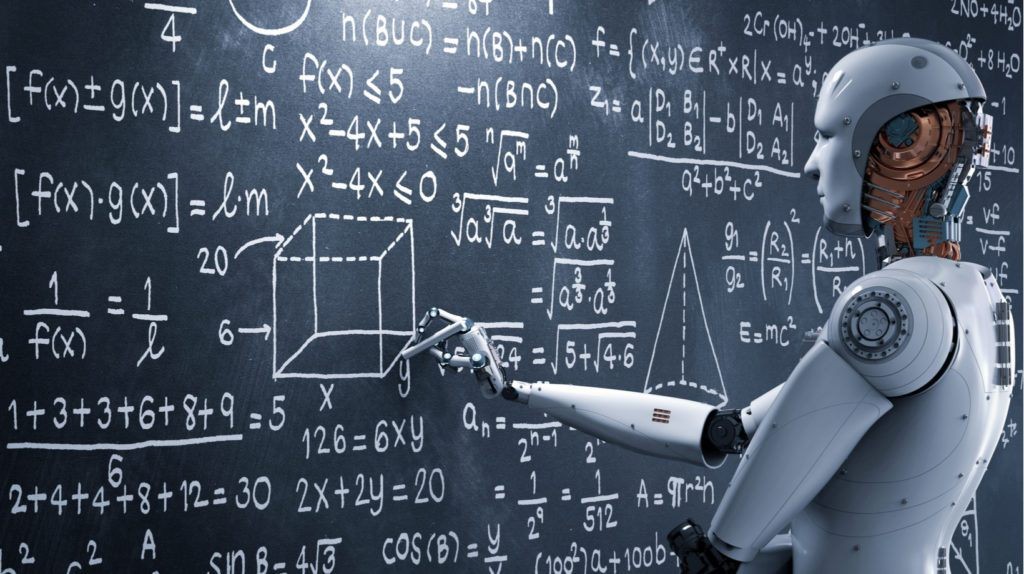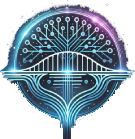
Artificial Intelligence (AI) is based on algorithms that allow machines to mimic a form of real-world intelligence. This innovative technology helps minimize errors and improve user experience in various fields, including education. So, what is the role and impact of AI on education?
In the field of education, it is possible to automate certain activities, particularly with regard to the correction of assessments. Artificial intelligence also makes it possible to personalize learning according to the needs and assimilation capacities of each person. For example, this new technology can offer students exercises adapted to their learning level.
In addition, AI can assist teachers (without replacing them) and enable them to identify students in difficulty within classes. This technology also frees teachers from repetitive tasks, allowing them to personalize and deepen their teaching methods. Artificial intelligence thus opens the way to adapted and customizable learning, making it possible to shape educational paths and adjust them based on learner feedback.
The potential of artificial intelligence in education
Artificial intelligence has the potential to revolutionize the way we think about education. From personalized learning algorithms to virtual and augmented reality, AI-powered tools and technologies are helping to improve the student experience in ways never before imagined.
AI can bring many benefits to education. One of the most important is the ability to personalize the learning experience for each student. With AI, teachers can analyze student performance and preferences to create personalized lesson plans and assessments that are aligned with each student’s strengths and weaknesses. Additionally, AI can automate administrative tasks like grading, allowing teachers to focus on other essential aspects of teaching.
AI-powered tools and technologies can also enrich students’ learning experience in several ways. For example, virtual and augmented reality can make learning more interactive and immersive, while chatbots and other AI-powered tools can provide 24/7 support to students. Additionally, AI can be used to create personalized quizzes and games, making learning more fun and interactive.
Personalized learning is one of the most promising benefits of AI in education. By analyzing data on student performance and preferences, AI can help teachers design lesson plans and assessments that are tailored to each student’s specific needs. This can improve the student experience, boost student motivation, and ultimately lead to better academic outcomes.
The impacts of Artificial Intelligence on education
Based on an educational triangle (the teacher, the learner and knowledge), it is possible to categorize the impacts of AI on education.
Impact of AI on teachers
AI is driving the development of several technologies that can replace predictable and repetitive tasks performed by teachers. For example, the automation of exam correction, which takes up a lot of teachers’ time. However, the role of the teacher goes far beyond these automatable tasks. Beyond being a simple transmitter of knowledge, the 21st century teacher is a guide for students and a creator of a learning environment. Empathy, kindness, cognitive flexibility and critical judgment are all human qualities that are difficult to reproduce by artificial intelligence, which therefore plays a role of assistance rather than replacement.
Impact of AI on students
For several years, MOOCs (massive open online courses) have been very popular with students, allowing them to learn what they want, when they want and at their own pace. However, this freedom of choice and abundance of opportunities can lead to confusion about what to learn. AI can help prevent this phenomenon by offering more relevant sequences of exercises or courses for the student. In addition, intelligent tutors could predict when the student begins to lose interest and alert their teachers to avoid a drop in motivation.
Impact of AI on knowledge
The impact of artificial intelligence on knowledge is twofold: on the one hand, the training that students must receive to understand and use AI. On the other hand, the knowledge that humans must acquire to live in a world where AI is set to become omnipresent, in an increasingly digitalized universe. It is therefore crucial that school curricula adapt to these developments in order to meet students’ needs in terms of expertise or the development of critical thinking.
The ethical issues of AI in education
Opposing artificial intelligence in general or more specifically in the field of education is a philosophically defensible point of view. As was the case with the advent of the steam engine and assembly line work, the fear of seeing these machines…

